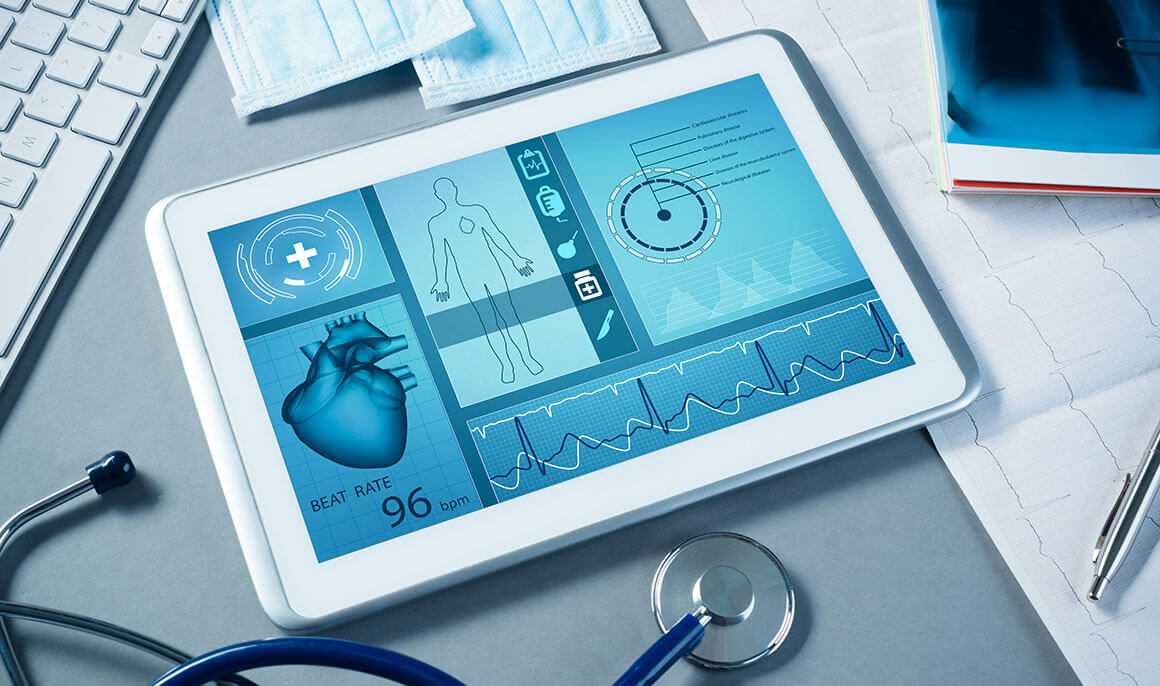With the increasing popularity and development of AI technology, the AI healthcare market is expected to reach $6.6 billion by 2021. Tools such as chatbots and diagnostic software are making waves in the healthcare industry and becoming increasingly common among providers and patients.
Chatbots are one of the many AI tools that have the potential to improve patient outcomes. Chatbots are designed to encourage conversation on a website by answering commonly asked questions quickly and efficiently. Hospitals, such as the Boston Children’s Hospital, have begun to introduce the technology to their websites with the goal to develop chatbots into medical specialists. Though chatbots are commonly used to increase website engagement and conversion, they can improve a patient’s overall experience by serving as a valuable resource of information.
Along with Chatbots, speech recognition technology is now being utilized in the healthcare space. Speech recognition increases the overall efficiency of clinical documentation by automating the process. This technology has been added to devices such as voice assistants and speakers to assist with conducting clinical trials and patient feedback surveys.
Diagnostic software is also now available to aid providers in making informed clinical decisions. Since this software can pick up more detail in ultrasound images than the naked eye, they can more accurately diagnose patients and have become especially useful when diagnosing cardiovascular diseases, which are one of the leading causes of death.
New AI tools are constantly being developed to increase the accuracy and effectiveness of technology in healthcare, ultimately improving patient care and delivery. Looking into the future, AI will continue to make its mark on the industry by monitoring patient satisfaction, assisting providers in accurately detecting diseases, and increasing the overall efficiency of current healthcare processes.
Ready to get started?
Our team is ready to answer any questions and help you find the right solutions.

